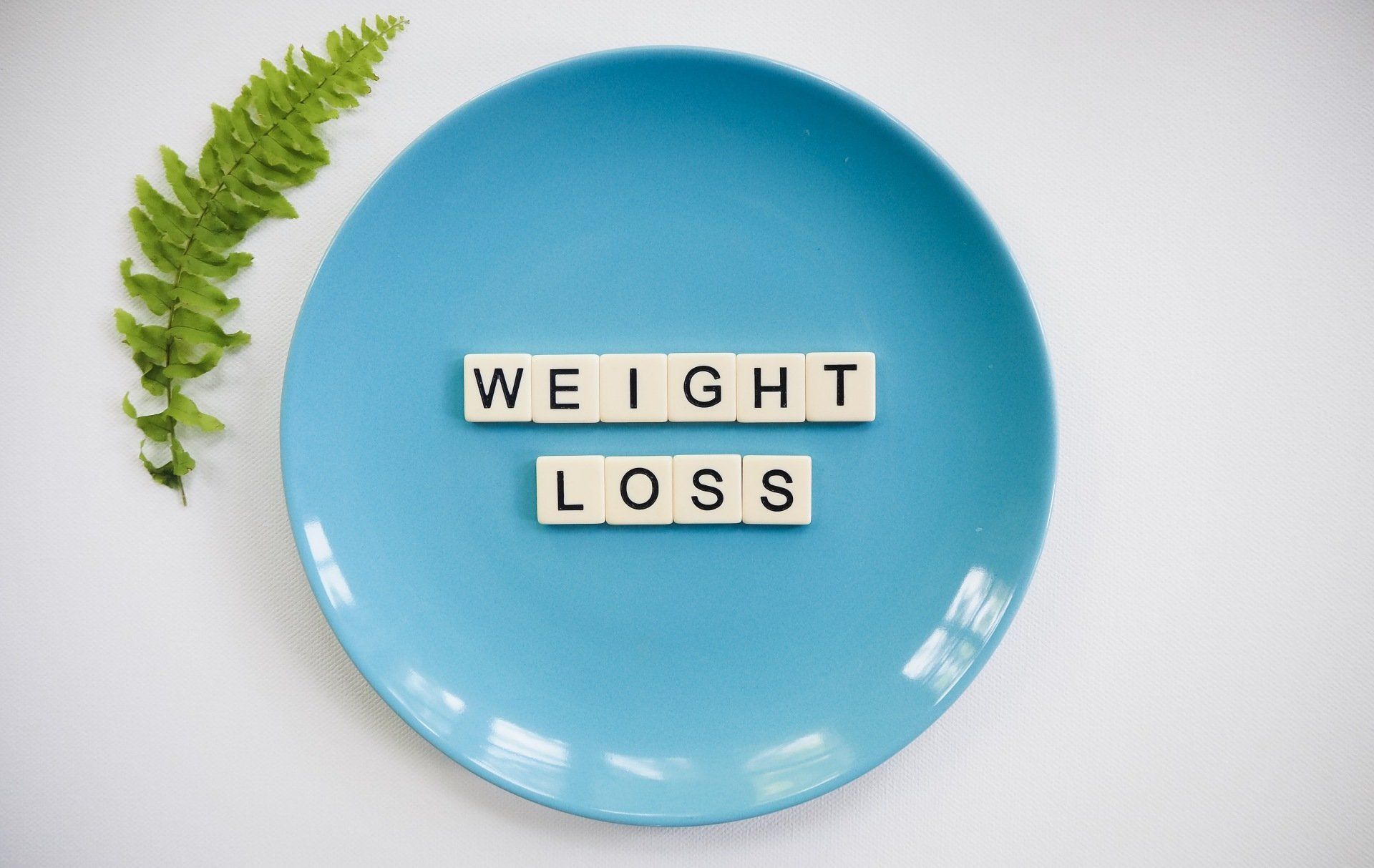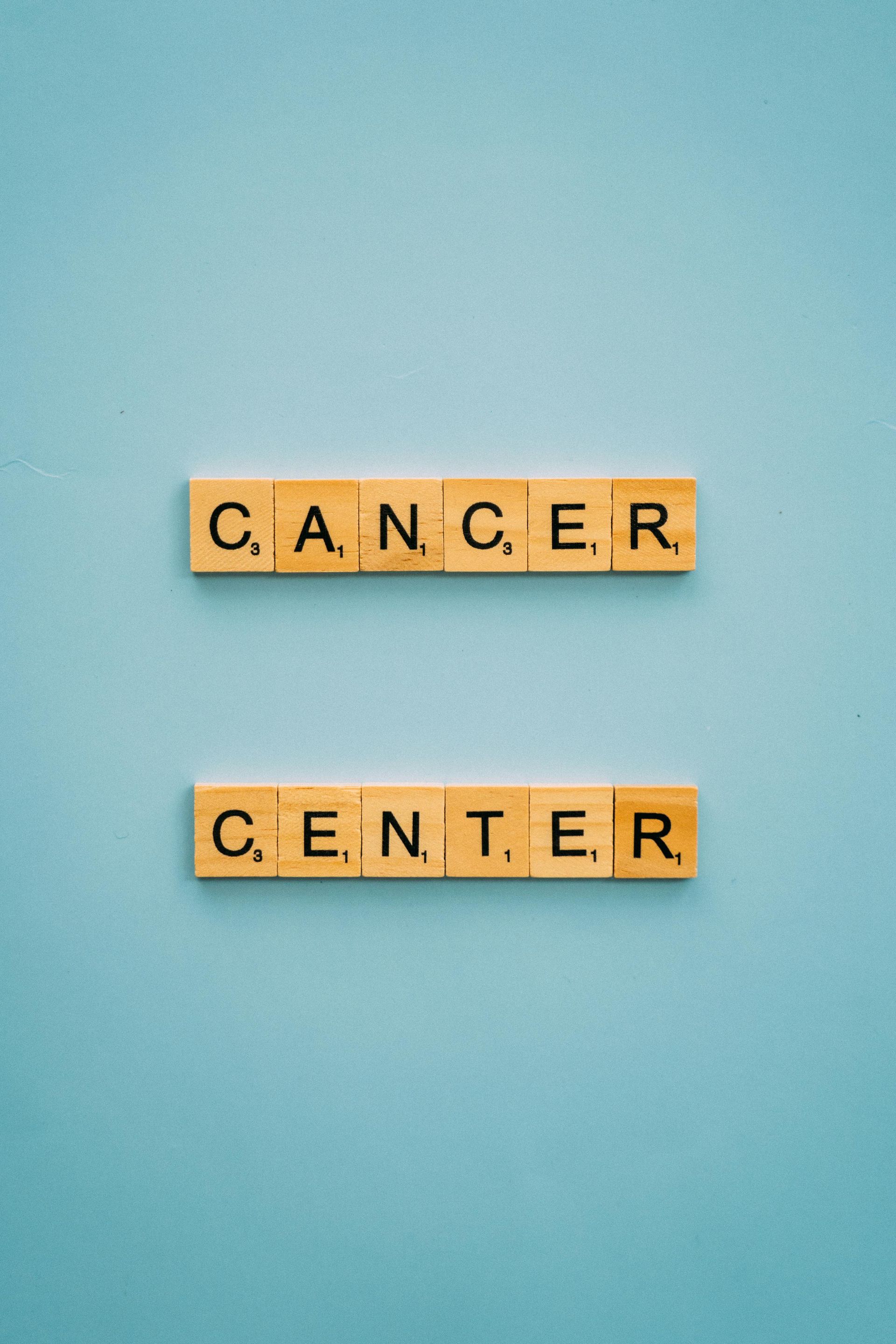Confused about how much protein? Will protein increase my risk of colon cancer?
Dear Dr. Jocy,
I’m glad for your accomplishment! I want to ask you about how much protein intake is appropriate, 10-20% for example? And what do you think about a high protein diet predisposing to colon cancer?
~Facebook follower
Dear Facebook follower:
While cooking tonight's dinner of ground beef and yellow zucchini I decided to share your protein related question on my blog!
1. How much protein do we need? Are there different types of low carb diets?
It depends on what type of diet you want to follow and what your goals are. Are you thinking of the ketogenic diet, the modified ketogenic diet, the Atkin’s diet, or simply a low carbohydrate, non-ketogenic diet? It also matters whether you are looking for a goal of weight loss only, or is it towards a goal of preventing or helping improve cancer treatment?
The ketogenic diet is used commonly for seizure control, and now is gaining popularity in cancer patients. It is quite strict, and involves measuring and weighing exact amounts of your food portions. In general, the proportion of fats in calories should be about 70-75% in the KD, 5% carbs and the rest is protein. In the modified diet, fats are around 60-65%, carbs 5-10% and the rest is protein, which is about 20-30%. In cancer patients, there is a mathematical formula which calculates for the GKI or glucose ketone index. This gives you an idea of the proportion of glucose blood levels in relation to blood ketones. Theoretically a certain ratio or number needs to be reached in order to enter the zone of tumor control. Most studies were in animals, and human studies have yet to gain momentum. 1
Atkins and Ketogenic Diet are not equal
For the other diets, weighing and measuring becomes less of an issue since the protein proportion is unlimited, unlike in the ketogenic diet KD. The Atkin’s diet for example, instead of proportion, the focus is on calculating the total number of NET carbohydrates taken in a day. Percentage of calories or of fats and proteins are not strictly measured. When net carbs is being considered, the Atkins diet allows you to subtract the amount of fiber from the total carbs in order to get the net carbs. As long as the daily total is within your set limit, you are good. 20-40 grams carbs a day. As far as weight loss is the main goal, the Atkin’s diet should be easier to follow.
2. Red meat can't take all the blame for cancer
Red meat has been blamed for raising the risk of colon cancer. But is it really just the red meat alone?
Studies by public health experts show that in the western world, colon cancer risk is very high. People who live in areas of low colon cancer develop higher rates of colon cancer simply by moving to the western part of the world. In the west where cancer cases are high, we see that a sedentary lifestyle, high intake of carbohydrates and sugar, low fruit and vegetable intake and high red meat intake are part of a common way of life. 2
The blaming of red meat alone as a source of cancer fails to recognize that most red meat eaters also happen to be high consumers of carbohydrates. When we constantly take in starch or sugar, these high levels of carbohydrates increase insulin secretion. Insulin is a growth factor that in high levels encourages growth of the lining cells of the colon and also promotes growth of colon cancer cells in the laboratory. 2 Insulin levels when high (we see this in people with diabetes and non diabetics who consume high amounts of starch and sugar leading to high insulin levels) in turn increases colon cancer risk. Inflammation increases and this promotes colon cancer cell growth. 3
Now that I have taken some of the blame off the meat, what kind of meat should we buy?
3. Not all meats are equal
When it comes to cancer risk, not all red meat is the same. There are fresh meats, canned and processed meat, as well as dried, cured and preserved meats, organic, regular, fresh, grain fed and grass fed. Grocery shopping is getting confusing, and you are not alone!
Those from the deli laced with preservatives such as sodium nitrites and coloring should be avoided. Do read the labels! Sodium nitrite, one of the common N-nitroso amines found in processed meats can increase the risk for colon cancer. 4, 5
Buy fresh unprocessed meat if possible. Fresh meats are either grown from farms or from factory bred cattle. Factory bred cattle usually are fed grains instead of being allowed to forage in the fields to eat grass. Organic cows are fed organic meals, and that could be grain or grass.
So why should you pay more for grass fed meat? Grass fed meat tends to have higher levels of antioxidants compared to grain fed. The type of fatty acids in grass fed meat have more of the cholesterol neutral fatty acids and less of the cholesterol raising fatty acids. Grass fed cow meat also has more of the good omega-3 fatty acids, and higher body levels of cancer fighting antioxidants like glutathione and superoxide dismutase, Vitamin D and E as compared to grain fed.6 The overall fat content of grass fed meat is also much lower than the grain fed ones.
When you do bring home the meat, be it beef, mutton or pork; keep in mind that the cooking process is also important. Cooking food at very high temperatures can cause formation of heterocyclic amines and aromatic hydrocarbons which are cancer causing.5 Avoid grilling or broiling and instead try to learn new techniques of steaming, baking or light sautéing. You can overcome the blandness of steamed foods by adding spices and making use of lemon sprigs or readily available herbs.
Collect the recipes that appeal to you and your family and keep them handy for future reference. You do not need a lot of recipes! Most people find out that they cook the same old recipe over and over again. Keep it simple and healthy cooking will become second nature.
Acknowledgement: Thanks to Krystal Edinger RD, our nutritionist for her added advice regarding the dietary issues!
References:
- Meidenbauer JJ, Mukherjee P, Seyfried TN. The glucose ketone index calculator: a simple tool to monitor therapeutic efficacy for metabolic management of brain cancer. Nutr Metab (Lond). 2015;12(1):12. doi:10.1186/s12986-015-0009-2.
- Giovannucci E. Insulin and colon cancer. Cancer Causes Control. 1995;6(6):164-179. doi:10.1007/BF00052777.
- Terzić J, Grivennikov S, Karin E, Karin M. Inflammation and Colon Cancer. Gastroenterology. 2010;138(6). doi:10.1053/j.gastro.2010.01.058.
- Knekt P, Järvinen R, Dich J, Hakulinen T. Risk of colorectal and other gastro-intestinal cancers after exposure to nitrate, nitrite and N-nitroso compounds: a follow-up study. Int J Cancer. 1999;80(September 1998):852-856.
- Santarelli RL, Pierre F, Corpet DE. Processed meat and colorectal cancer : a review of epidemiologic and experimental evidence. Nutr Cancer. 2008;60(2):131-144. doi:10.1080/01635580701684872.Processed.
- Daley C a, Abbott A, Doyle PS, Nader G a, Larson S. A review of fatty acid profiles and antioxidant content in grass-fed and grain-fed beef. Nutr J. 2010;9:10. doi:10.1186/1475-2891-9-10.






